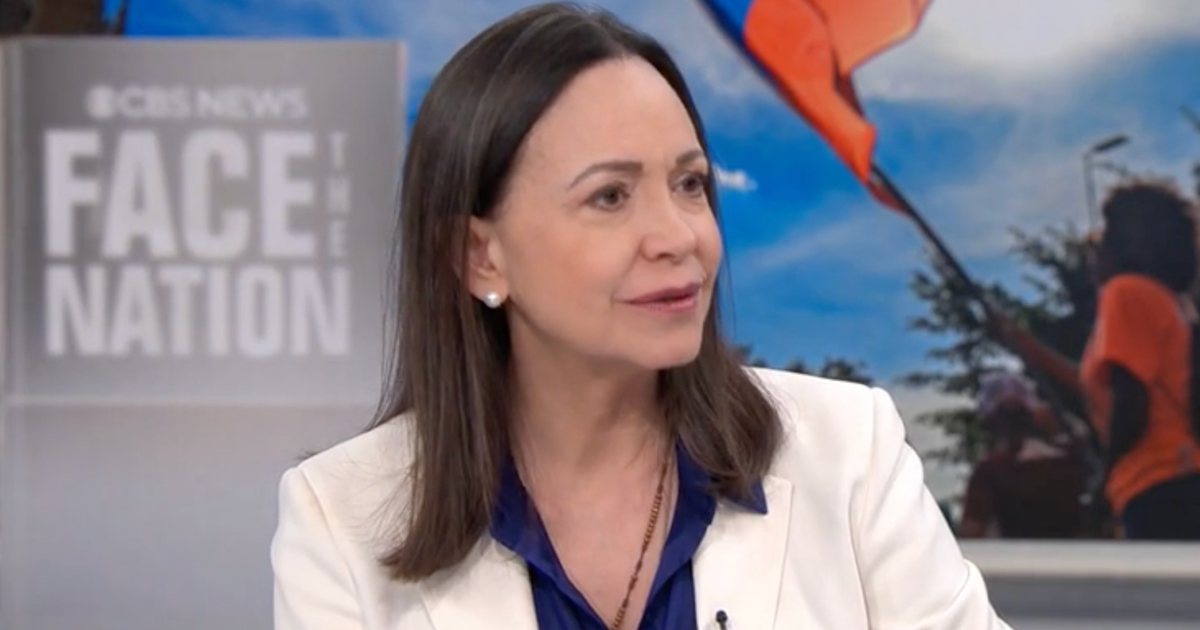

BERLIN — The European Union collectively spent €343 billion ($402 billion) on defense last year, exceeding projections and setting a new record, according to a new report by the European Defense Agency.
The agency said it expected defense spending to increase further in 2025 to €381 billion ($446 billion).
The bloc’s total defense spending in 2024 exceeds China’s by about one-and-a-half times, and is more than three times as high as Russia’s military budget. Only the United States has higher military expenditures. The figure represented 1.9% of the bloc’s GDP, and a 19% increase over the previous year.
The high level of defense spending is driven primarily by countries’ purchasing of new equipment, as well as by increased research and development funding across the EU’s 27 members. Both combined are collectively referred to as “defense investments” in EU parlance, as opposed to the money spent on troop salaries or upkeep of facilities.
Investment accounted for 31% of total defense spending, or €106 billion ($124 billion), of which €13 billion ($15 billion) was used on R&D. Equipment purchases were up 39% year over year, the EDA calculated; research and development, meanwhile, grew 20%.
The record spending is driven by growing budgets throughout the bloc, not just individual capitals’ aims to expand their militaries, with all but two countries growing their defense budgets in 2024. Of the 25 that increased defense expenditures in 2025, 16 capitals spent over 10% more in 2024 than they did in 2023. Among them are Germany, Poland, Spain, Sweden and the Netherlands. Only Portugal’s and Ireland’s military budgets decreased in 2024.
European military spending has been growing exponentially since 2014, when Russia annexed the Crimean peninsula from Ukraine. At the time, defense expenditures across the bloc had reached their lowest levels since data collection began in 2005, at €189 billion ($221 billion), adjusted for inflation.
Although already on the rise, this trend was turbocharged by Russia’s intensified, full-scale assault in Ukraine, which began in February 2022.
In fact, defense spending last year grew even faster than the EDA had expected, exceeding the agency’s predictions from late 2023 by €17 billion ($20 billion).
Many of the EU’s largest defense spenders are in Russia’s immediate vicinity. Poland leads the pack, at close to 4% of GDP last year, followed by Estonia, Latvia and Lithuania, each spending well over 3% of GDP on the military.
The EU itself has played an increasingly active role in coordinating cross-national projects and mobilizing military funding that had previously been set aside for civilian purposes. Defense matters have long been jealously guarded as a national prerogative by many EU countries’ capitals, but many of those attitudes have recently softened in light of the threat from Russia and an increasingly icy United States, and eased by the promise of cheap money facilitated by Brussels.
The 2025 edition of the annual report placed special emphasis on comparing European military capabilities to those of the U.S., including juxtaposing how many battle tanks and fighter jets they each have, and how effective their R&D investments were. The numbers show that the EU lags behind in air force numbers, while well exceeding American totals when it comes to infantry fighting vehicles and main battle tanks.
Europe’s strength lies in cooperation across national borders, the EDA concluded, underscoring in its report the need for coordination in procurement, interoperability, and joint research and development.
“Europe is spending record amounts on defence to keep our people safe, and we will not stop there,” said Kaja Kallas, the European Union’s foreign policy chief. “Defense today is not a nice-to-have but fundamental for the protection of our citizens. This must be the era of European defense.”
Linus Höller is Defense News' Europe correspondent and OSINT investigator. He reports on the arms deals, sanctions, and geopolitics shaping Europe and the world. He holds a master’s degrees in WMD nonproliferation, terrorism studies, and international relations, and works in four languages: English, German, Russian, and Spanish.











-3.png)



